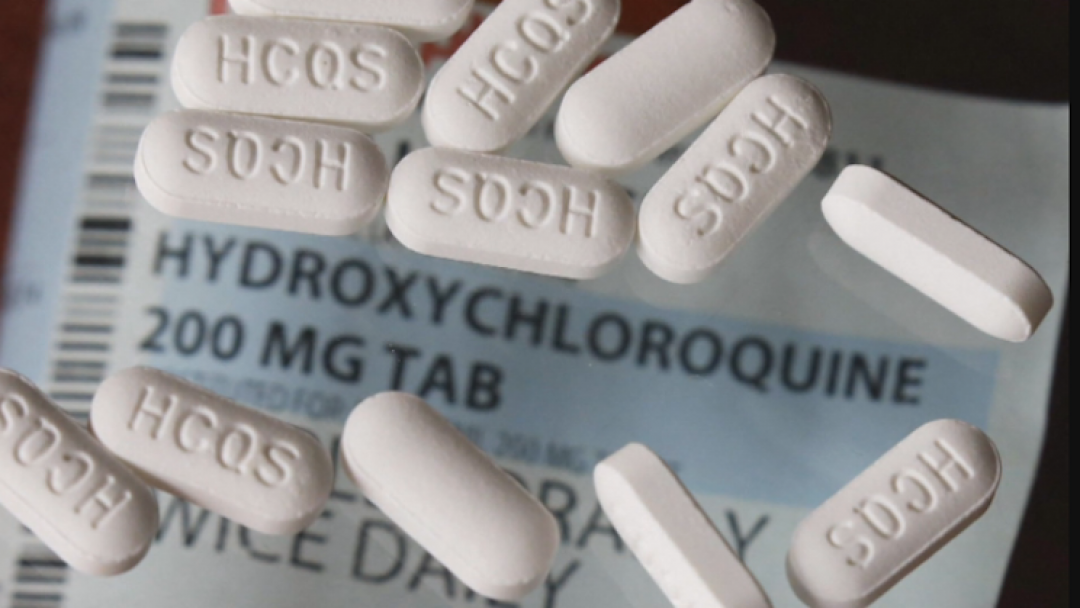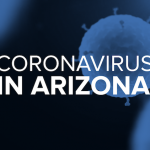A pair of new coronavirus treatment reports are offering new insights into experimental drugs being used to try to treat COVID-19.
The first provides grounds for cautious optimism about Gilead Sciences’ experimental drug Remdesivir. The second raises questions about the safety of hydroxychloroquine, the drug President Donald Trump has recklessly hyped as a potential remedy to COVID-19.
Here’s what the studies found, and what they can tell us about prospective treatments for the deadly disease.
Remdesivir
Biotech company Gilead Sciences published an analysis in the New England Journal of Medicine on Friday tracking the responses of 53 patients with severe cases of COVID-19 to remdesivir therapy given out on a compassionate-use basis — that is, patients were given the unapproved drug because no other options were available.
According to the report, doctors observed clinical improvement in 36 of the 53 patients; eight got worse, and seven died. Doctors were able to take 17 of the 30 patients who were on ventilators, life-support devices that help people breathe, off the machines.
The authors of the study note that the death rate of the patients they observed — 13 percent — is lower than the death rate of 17 to 78 percent in China among people who are severely ill with COVID-19. Side effects included diarrhea, rash, renal impairment, and hypotension.
There are huge limitations on what conclusions can be drawn from this analysis. There was no randomized control group, which would have allowed the authors to compare how patients given a placebo performed relative to those given remdesivir. And the total number of patients, spread out across the United States, Canada, Europe, and Japan, is very small.
Still, the authors of the study and outside experts have described the results as hopeful.
“We cannot draw definitive conclusions from these data, but the observations from this group of hospitalized patients who received remdesivir are hopeful,” said Jonathan Grein, lead author of the analysis and director of hospital epidemiology at Cedars-Sinai Medical Center in Los Angeles, in a statement from Gilead. “We look forward to the results of controlled clinical trials to potentially validate these findings.”
“Results are indeed hopeful and promising from this uncontrolled remdesivir intervention study,” tweeted Eric Feigl-Ding, an epidemiologist and health economist at the Harvard T. H. Chan School of Public Health. “TRIALS TRIALS TRIALS PLEASE,” he added.
Paul Goepfert, an infectious disease specialist at the University of Alabama at Birmingham, told the Washington Post that “It’s still a promising drug, but it doesn’t definitively prove anything.” He added, “The main thing you can gather from this study is it doesn’t cause any untoward harm.”
Daniel O’Day, Gilead’s chairman and CEO, said many studies are needed to understand if and how remdesivir could treat COVID-19.
“In studying remdesivir, the question is not just whether it is safe and effective against COVID-19 but in which patients it shows activity, how long should they receive treatment and at what stage of their disease would treatment be most beneficial,” he said in an open letter discussing the new report on Friday. “Many answers are needed, which is why we need multiple types of studies involving many types of patients.”
Hydroxychloroquine
On a less optimistic note, France’s drug safety agency has released data indicating that hydroxychloroquine, the anti-malaria drug Trump has pushed as a potential miracle drug for treating COVID-19, appears to have serious side effects on the heart when used for COVID-19 patients, and should be used under medical supervision. The report details 43 cases of “heart incidents” tied to hydroxychloroquine.
“This initial assessment shows that the risks, in particular cardiovascular, associated with these treatments are very present and potentially increased in COVID-19 patients. Almost all of the declarations come from health establishments,” the agency said, according to the Hill. “These drugs should only be used in hospitals, under close medical supervision.”
The report doesn’t offer definitive evidence on how safe it is to use hydroxychloroquine, but it underscores how dangerous it is for non-experts — such as the president — to enthusiastically tout it as a promising cure when there is not definitive evidence that it works or is safe to use.
Trump has encouraged the public to use it, albeit only with a doctor’s approval, in combination with the antibiotic azithromycin — asking “what do you have to lose?” at press conferences when discussing it as a treatment that he’s eager to get behind. But scientists and medical professionals have cautioned against viewing it as an effective treatment yet.
That’s in part because, the drug has serious side effects, and its benefits for COVID-19 patients are not yet proven.
There are not yet any treatments clinically proven to work specifically against COVID-19. As agonizing as it is to wait during an economy-killing global pandemic, more research has to be conducted to settle on firmer answers.








